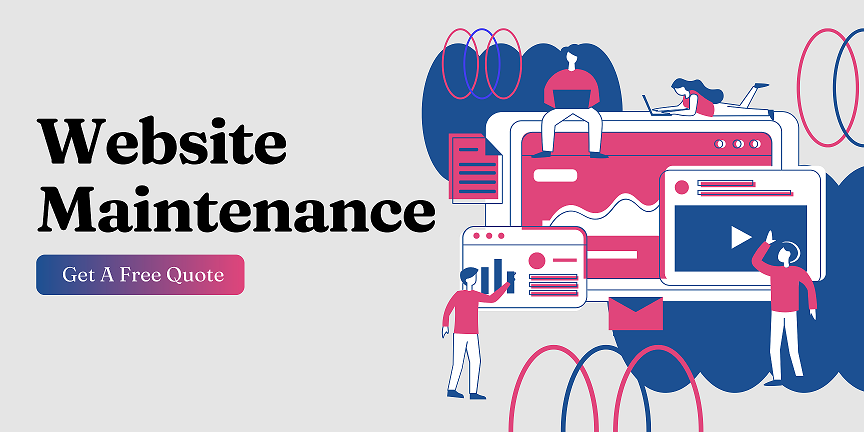Top 5 Website Maintenance Tips for Hospitality Websites

Table of Contents
The first interaction potential guests have with your brand is often your website.
According to a Google study, 53% of mobile site visitors will leave a page that takes longer than three seconds to load. This underscores the importance of having an efficient hospitality website. Regular upkeep ensures a seamless user experience, boosts your search engine rankings, and keeps your site secure from threats.
Why Website Maintenance Matters

Website maintenance is not just a technical requirement; it’s an important part of your marketing plan.
Here’s why:
- User Experience: A well-maintained website provides users with a smooth, enjoyable experience, encouraging them to stay longer and explore more.
- SEO: Search engines prioritise regularly updated and well-maintained websites, making it easier for potential guests to find you.
- Security: Regular updates and security checks protect your website from cyberattacks and data breaches.
- Reputation: A polished, professional website enhances your brand image and builds trust with visitors.
Top 5 Website Maintenance Tips for Hospitality Websites

1. Regular Content Updates
Fresh, relevant content is essential for engaging your audience and improving search engine rankings. To keep your site dynamic and informative, regularly update your blog, add new photos of your property, and showcase guest testimonials.
2. Security Measures
Security is at the top of the hotel website tips. Strong password policies, SSL certificates, and regular security audits can protect your website and guests’ data.
- Use firewalls and anti-malware software.
- Regularly back up your website files.
- Update plugins and software to the latest versions.
3. Mobile Optimisation
With over half of website traffic coming from mobile devices, it’s crucial to ensure your site is mobile-friendly. A responsive design that adapts to various screen sizes can significantly enhance user experience.
Mobile-friendly websites are 67% more likely to convert visitors into customers.
4. Speed Optimisation
A slow-loading website can deter potential guests. To improve your site’s loading speed, optimise images, use caching plugins, and minimise code.
- Evaluate performance using tools like Google PageSpeed Insights or GTmetrix.
- Compress images without losing quality.
- Enable browser caching.
5. User Experience Enhancements
A user-friendly website can make all the difference. To keep users engaged, focus on helpful content, clear calls to action, and a clean, visually appealing design.
- Include easy-to-find contact information.
- Make booking buttons prominent and accessible.
- Use quality images and videos to showcase your property.
Also Read:
- Connecting With Patients Website Design Considerations For Healthcare Providers
- The Importance Of Content Marketing In The Engineering Industry
Case Studies
- Hotel in Dubai: By implementing regular website optimisation, including speed improvements and content updates, a hotel in Dubai saw a 30% increase in bookings over six months.
- Resort in UAE: After enhancing mobile optimisation and security measures, a resort in UAE received positive feedback from 80% of its guests who visited the website via mobile.
Tools and Resources
Here are some tools and resources that can help you implement these tips effectively:
- Content Updates: WordPress, Joomla
- Security: Sucuri, Cloudflare
- Mobile Optimization: Google Mobile-Friendly Test
- Speed Optimisation: WP Rocket, Smush
- User Experience: Hotjar, Crazy Egg
Final Words
Maintaining your hospitality website is more than just a technical necessity; it’s a strategic move that can significantly impact your business. These tips can enhance user experience, improve SEO, and protect your site from security threats. Take these steps today and watch your online presence and bookings grow.
